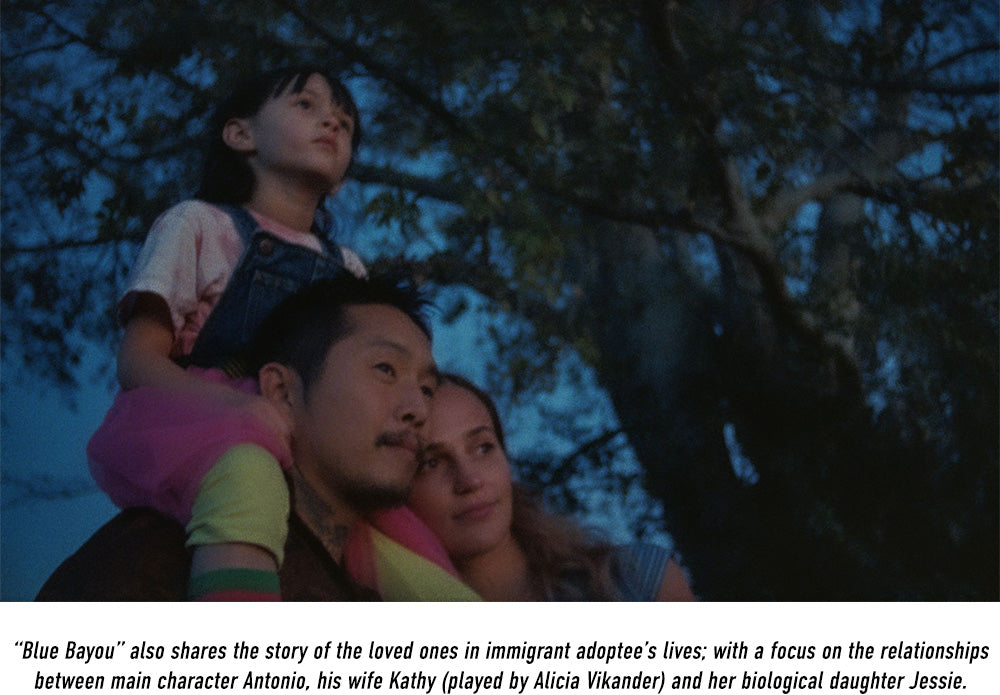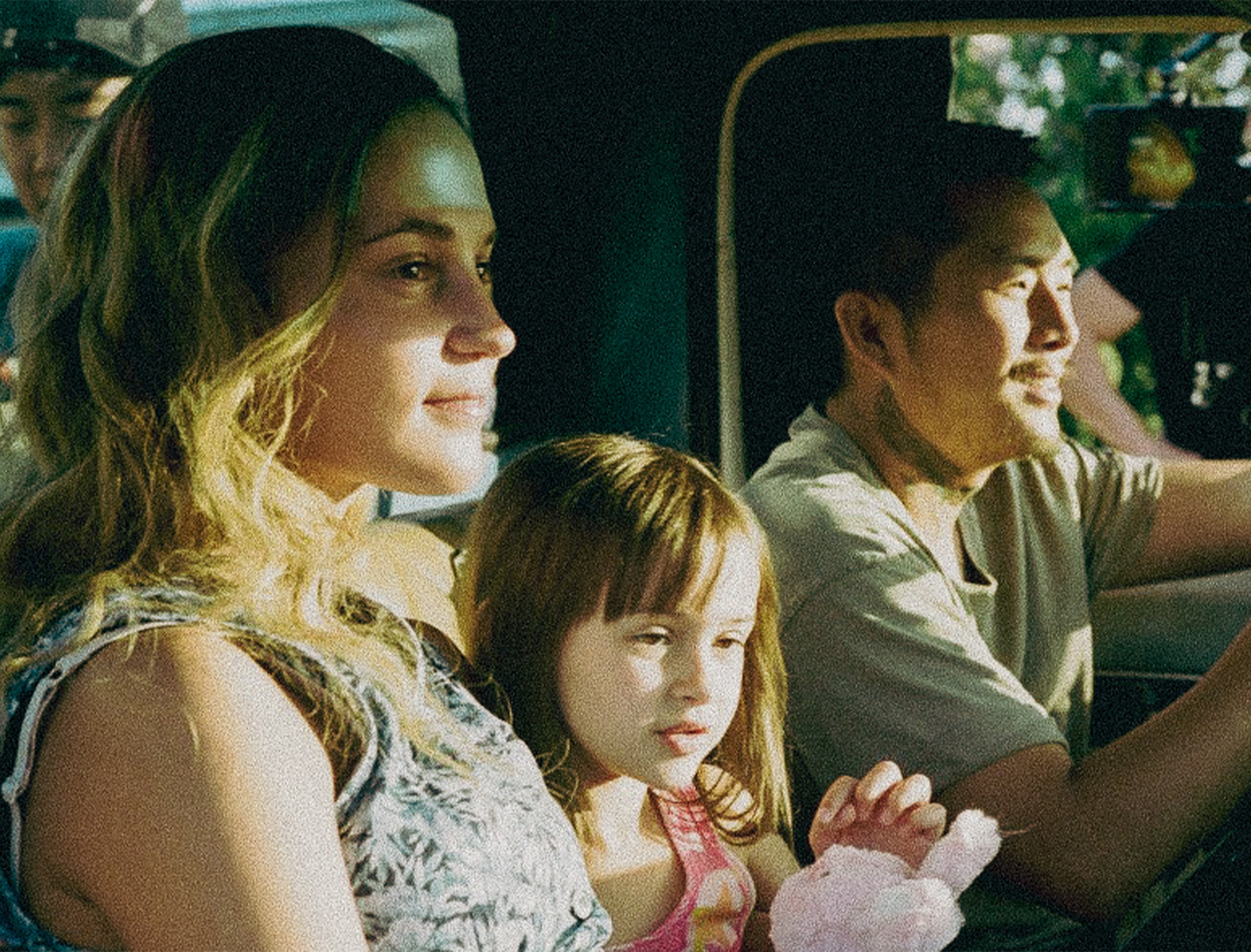What do you do when you are faced with leaving the only home you have ever known? Justin Chon’s recently released drama film Blue Bayou answers this question through the portrayal of an immigrant adoptee facing this exact dilemma.

Blue Bayou tells the story of Antonio, a Korean-American adopted immigrant who is suddenly faced with deportation after he finds out that his adopted parents never naturalized him in accordance with the Child Citizenship Act of 2000. The film goes on to explore the issues Antonio, his pregnant wife Kathy, and Kathy’s daughter Jesse face as Antonio fights his impending deportation.
This marks the central conflict of Blue Bayou - the aforementioned Child Citizenship Act of 2000 ensures that all children adopted from overseas are granted citizenship - however, this does not apply to those who turned 18 prior to the law’s passing. This has led to immigrant adoptees being deported back to their country of birth despite having never visited the country before and having no understanding of the country’s language. Though the film focuses on a Korean-American character, this loophole in the Child Citizenship Act of 2000 affects adoptees of all backgrounds.
One of the most famous cases of this occurring was that of Adam Crapser, who was adopted from South Korea. After arriving in the United States, he and his sister endured abuse as well as abandonment by two sets of adoptive parents. None of his parents filed for his citizenship, leading to Crapser being deported in 2016.

Chon decided to showcase the effects of this little-known loophole in the Child Citizenship Act of 2000 after hearing stories from friends who were adopted from Korea, and spending five years researching the ongoing situation. This issue has also been shown to exacerbate adopted immigrants’ feelings of uncertainty in regards to their identity, which Chon portrays in Blue Bayou.
“You already have these questions of identity from being adopted. And then, not all adoptions end well. So sometimes parents give up their adopted kids, or they abuse them…” Chon explained the situation in an interview with GQ. “So to be also given up by your adoptive parents and be bounced around, and then for your country to finally say, we're also like giving you up.”
The toll on an immigrant adoptee’s mental health has never been more evident than in the case of Philip Clay, who was deported to South Korea in 2012 after living thirty years of his life in the United States. Soon after arriving in Korea, Clay was reported to be suffering from mental health issues, culminating in his eventual suicide in 2017.
To this day, deportation cases like that of Adam Crapser and Philip Clay have spurred adoptee advocates to fight for changes that would give citizenship to anyone adopted before turning 18, regardless of how long ago the adoption went through. However, no changes have been made as of yet.
With the release of Blue Bayou, Chon hopes to bring more visibility to the harm caused by the exception in the Child Citizenship Act of 2000 so that it may be addressed in some capacity.
“I just thought it was absolutely just insane that a child could be brought here as an infant by U.S. citizens, and money is exchanged, and 30 years later through some loophole and paperwork, they could decide that you weren’t an American citizen,” Chon said in Hollywood Remixed. “How are they supposed to know, if they’re brought here at two or three, that the paperwork wasn’t properly filed?”

Blue Bayou is in theaters now.



Leave a comment